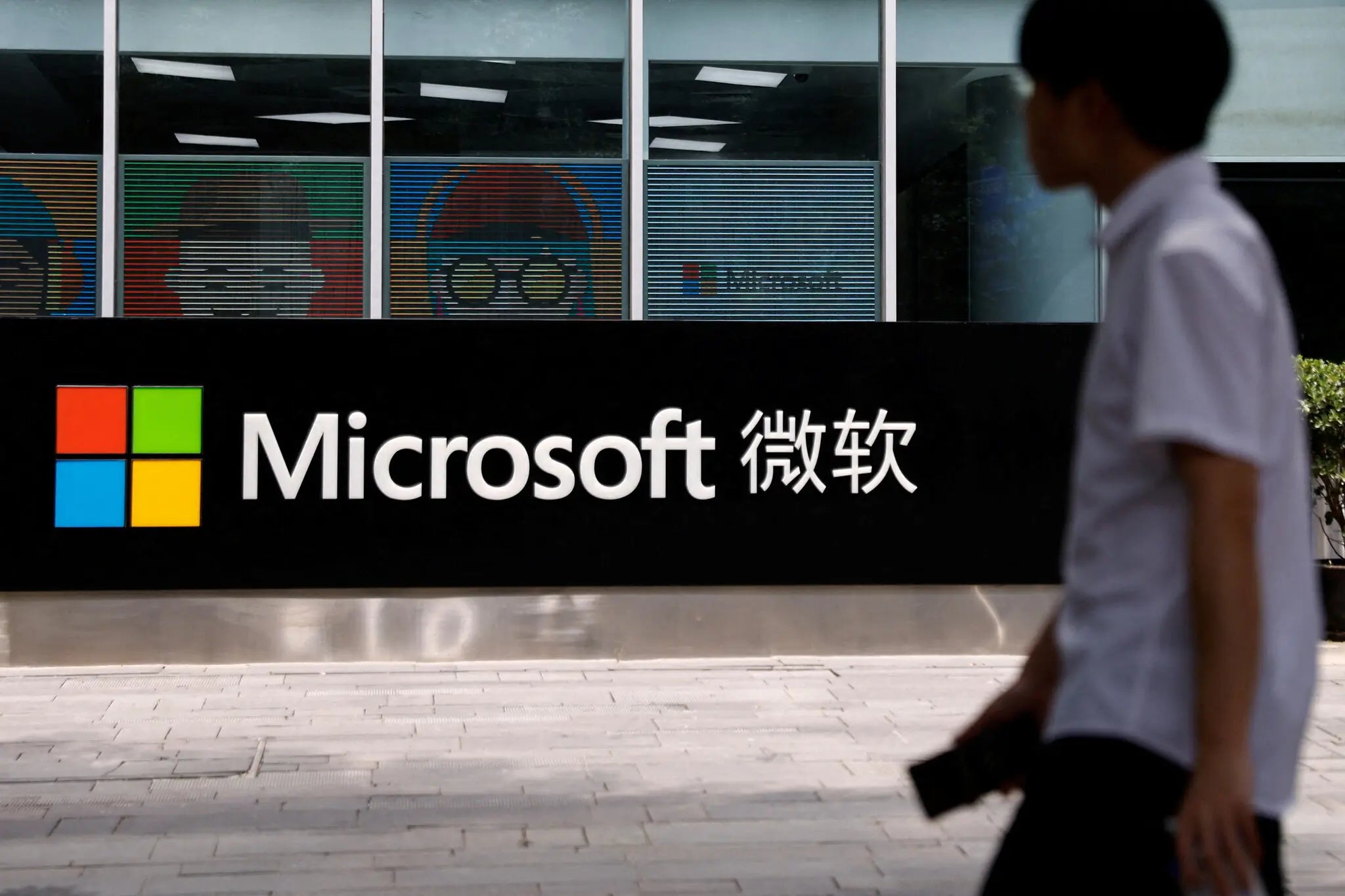(July 20, 2025 — Global Cybersecurity Desk)
Redmond, WA – Microsoft is sounding the alarm after uncovering a series of sophisticated cyberattacks allegedly linked to a state-backed Chinese hacker group targeting vulnerabilities in widely used enterprise software across multiple countries.
According to a detailed security advisory released by Microsoft’s Threat Intelligence Center, the group—known as Storm-0558—has been exploiting unpatched vulnerabilities in popular cloud-based platforms and enterprise solutions. The campaign appears to be aimed at gaining persistent access to sensitive networks and stealing high-value data.
What We Know So Far
Microsoft reports that the hacking group focused on exploiting zero-day vulnerabilities in key software systems used globally by government agencies, NGOs, defense contractors, and multinational corporations. The specific products affected have not been disclosed publicly, but the tech giant confirms that several high-profile organizations have already been compromised.
“These attackers are well-funded, well-organized, and capable of long-term strategic intrusions,” the company stated.
Who Is Behind the Attacks?
The campaign has been attributed to Storm-0558, a group previously associated with China’s cyber-espionage operations. Microsoft says the group specializes in credential theft, email compromise, and long-term surveillance tactics, often targeting cloud-based authentication systems.
Cybersecurity researchers believe this campaign may be tied to broader geopolitical goals, including economic intelligence gathering and national security surveillance.
Global Security Implications
Governments and security experts across the United States, Europe, and Asia are now on high alert. The U.S. Cybersecurity and Infrastructure Security Agency (CISA) has issued a joint advisory urging all organizations—public and private—to immediately apply software updates and review access logs for suspicious activity.
“This is a wake-up call,” said one U.S. official. “Cyber warfare is no longer theoretical—it’s active, targeted, and ongoing.”
Microsoft’s Response & Recommendations
Microsoft says it is actively collaborating with affected customers and providing patches, detection tools, and guidance to mitigate the threats. Organizations are being urged to:
-
Apply all available security updates immediately
-
Enable multi-factor authentication (MFA) across all systems
-
Audit admin accounts and monitor access logs
-
Use threat detection tools like Microsoft Defender and Azure Sentinel
The company has also updated its cloud platform’s defenses to block the attack vectors being used by the group.
China Denies Involvement
As expected, Chinese officials have denied any government connection to the cyberattacks, calling the allegations “baseless and politically motivated.” However, Western cybersecurity analysts say the technical evidence strongly suggests links to previous state-sponsored Chinese cyber campaigns.
The latest revelation underscores the growing threat posed by nation-state cyber actors, and the increasing vulnerability of global digital infrastructure. With attacks growing more advanced and harder to detect, experts say that cybersecurity must now be viewed as a top-tier national and corporate priority—not just an IT concern.
This story is still developing.

